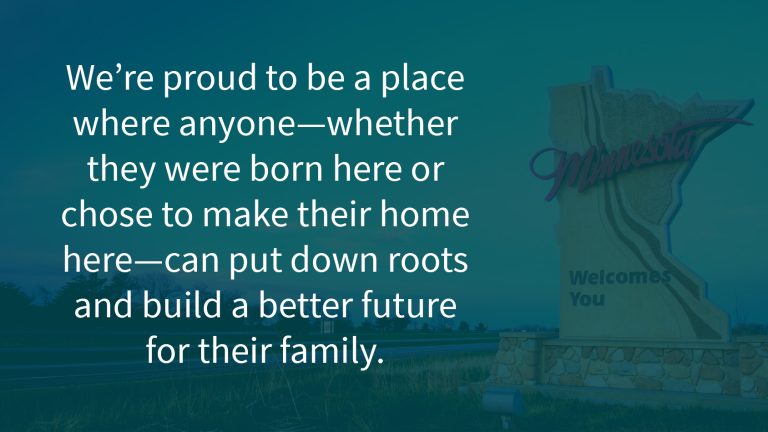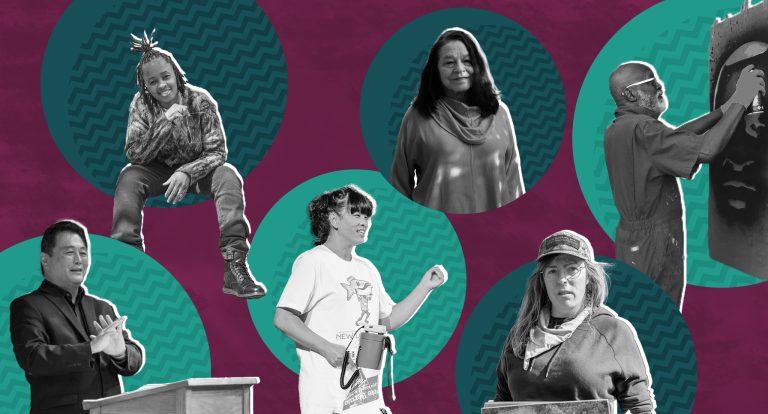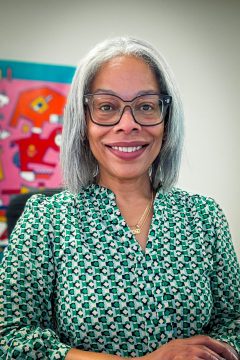It’s been two years since Mr. George Floyd was murdered. Like so many Black Americans throughout history, he came to Minnesota for opportunity. Yet instead of realizing the American Dream, what unfolded was a nightmare.
What happened to Mr. Floyd is not an anomaly. His story depicts the insidious nature of racism—how it shows up with excessive force on the personal level, and how it oozes through a wounded system that artificially assigns human worth and inspires violent acts of hate, like we saw in Buffalo this month. Amid a pandemic that changed the course of all our lives, Mr. Floyd’s death sparked a global racial reckoning. The uprisings in Minneapolis and St. Paul left a wake of damage to neighborhoods that, even today, are struggling to recover.
At McKnight, we’ve asked ourselves how we can best honor Mr. Floyd’s life and the movement that followed. In May 2020, the Twin Cities became the nation’s epicenter of racial injustice, yet we know this distinction didn’t start or end with George Floyd. Minnesota has some of the most stubborn racial wealth gaps in the country. And as the climate crisis intensifies, Black, Indigenous, and people of color (BIPOC) communities are disproportionately bearing the brunt.
All this doesn’t happen by accident. It happens because we have not interrogated ourselves—our views, biases, perceptions, and our policies and practices. So how do we begin to unravel the systems of embedded racism and barriers that so many face every day? How can we recreate Minnesota as a home for ሁሉም—with racial equity, economic opportunity, and climate stability central—and then send that signal to the world?
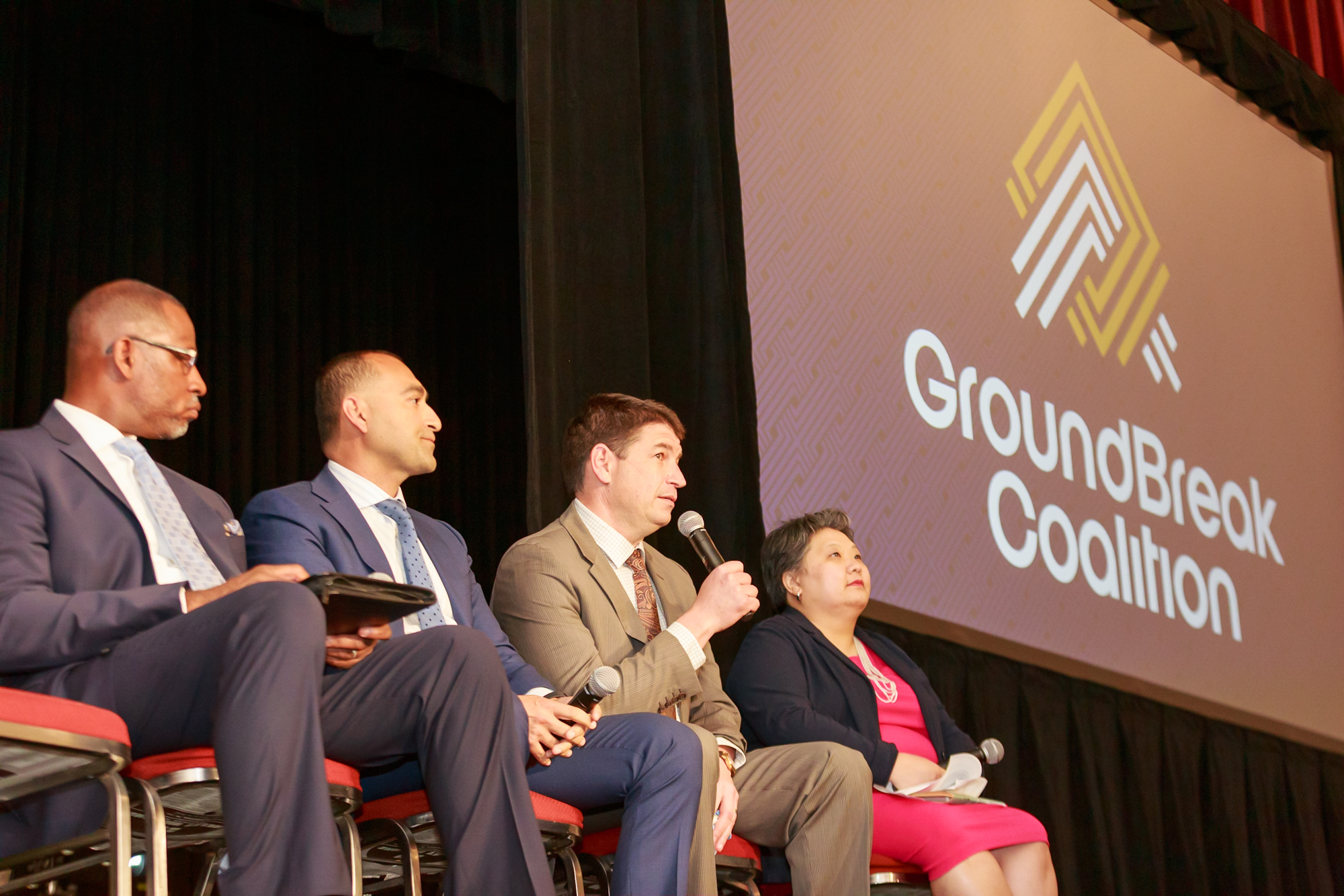
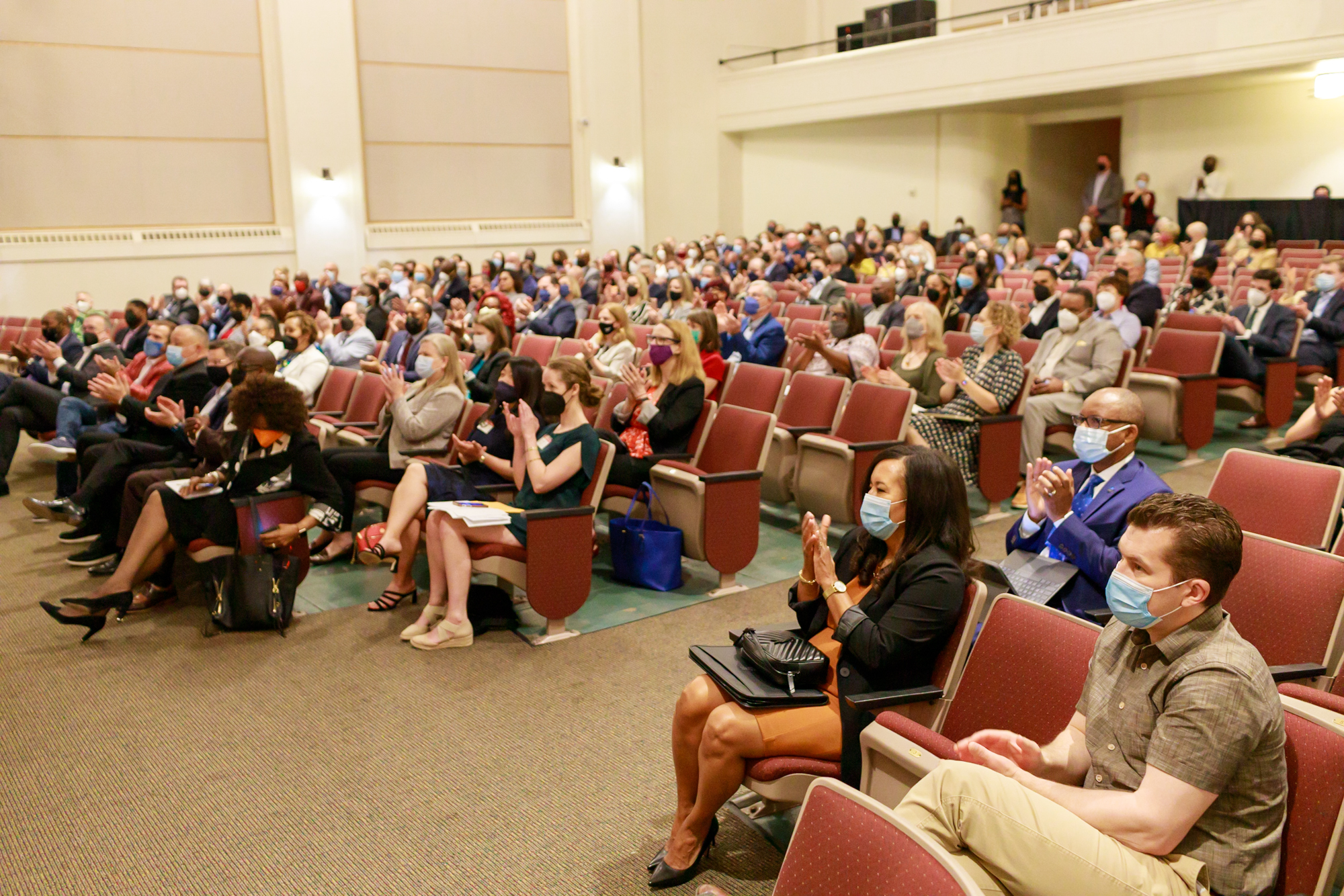
GroundBreak Coalition: Rewriting the Rules to Create Racial Opportunity
Last year, I issued an invitation to create the Minnesota that George Floyd deserved. We asked communities to imagine what a vibrant future would look like. They’ve come together in unprecedented ways—working through their own trauma and loss to collectively envision a more equitable future and tell us what it will take to achieve justice.
But let’s be real: these communities have been telling us what it will take for a long time.
They want access to financial tools and capital to start and rebuild their businesses, buy homes, and give their children and grandchildren a better life. The problem? Capital hasn’t worked for BIPOC communities. Unequal access to money is a persistent barrier, and we as a region haven’t yet figured out how to make money flow faster and more equitably to power the visions of our communities, and that needs to change.
On May 12, we launched GroundBreak Coalition, a group of more than 25 (and growing) corporate, civic, and philanthropic leaders committed to demonstrating that, with enough resources, a racially equitable and carbon-neutral future is possible now—first in Minneapolis-St. Paul, and then across the nation.
Together, we aim to activate at least $2 billion in flexible dollars over 10 years, deploying capital in four areas: homeownership, rental housing, commercial development, and BIPOC entrepreneurship. Minnesota has solved tough challenges before, but this time we have to do it with everyone in the room, everyone with a seat at the table. Only then can we begin to close the racial wealth gap, ensuring the prosperity of Minneapolis-Saint Paul and the state.
GroundBreak Coalition is not a fund; it’s about fundamental change. It’s about getting money to move faster and move differently, yes. But it’s also about doing the deeper, longer work of disrupting the status quo, unraveling policies and biases embedded in our collective systems, and closing those long-standing racial wealth gaps. It’s not a silver bullet, but a step toward building the commitment and the “action-not-just-words” from institutions and influential folks who are ready to do things differently.
“GroundBreak isn’t a fund; it’s about fundamental change… It’s about doing the deeper, longer work of disrupting the status quo, unraveling policies and biases embedded in our collective systems, and closing long-standing racial wealth gaps.”
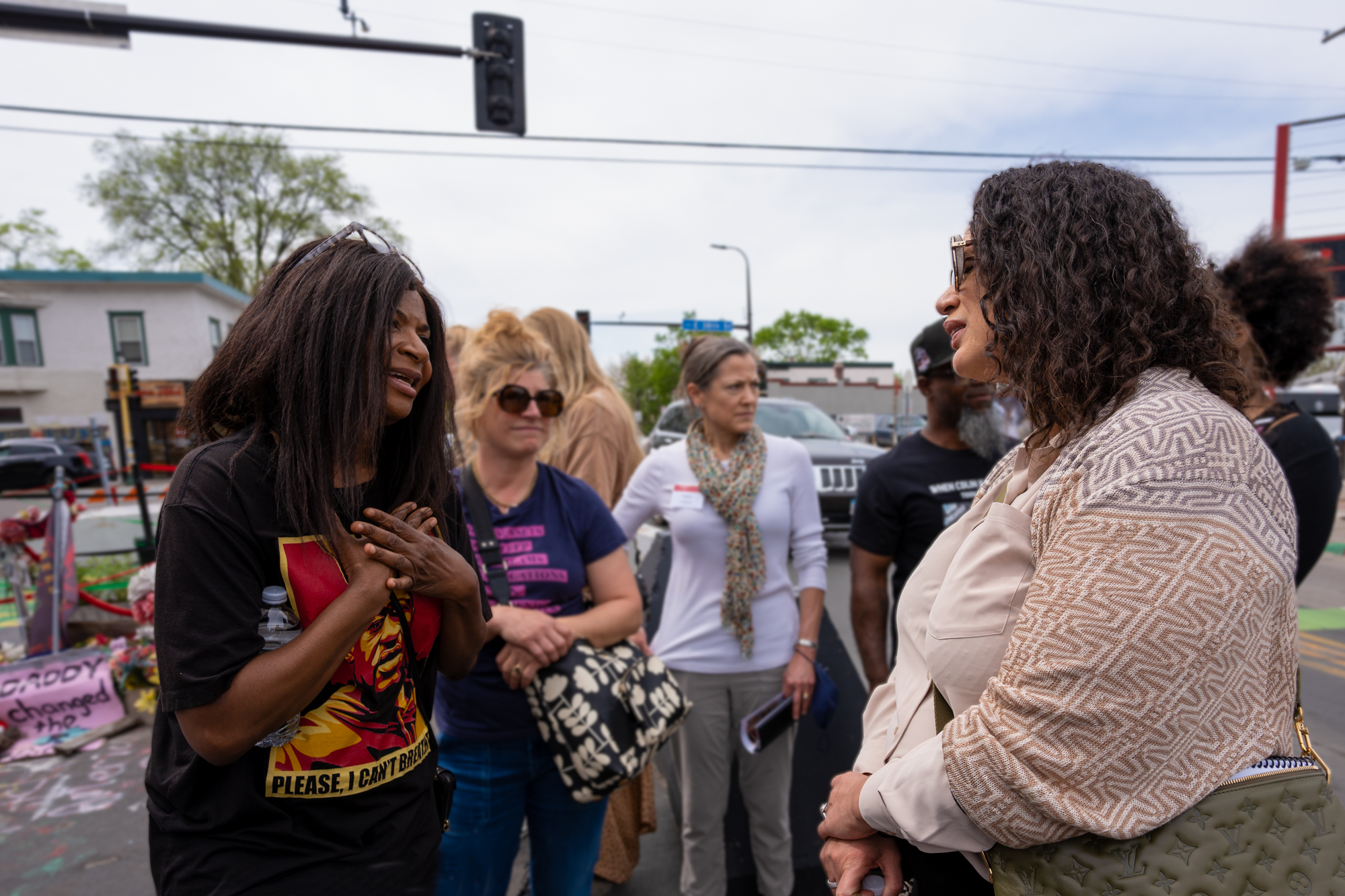
Rebuilding the Minnesota We All Deserve
We owe it to Mr. George Floyd’s legacy to remake the Twin Cities into an epicenter of racial opportunity. We won’t shrink from our past, but we won’t be defined by it either. Our job now is to make our region and state a place where George Floyd could have thrived. And the good news is, we have the right resources, leadership, and talent to do it.
With the world’s eyes upon us, we must remember that this work—of justice, of equity, of opportunity—is not something any of us can do alone. It will take our collective will, our know-how, and our imagination to move from tragedy to transformation. And it will require us to change, to wrestle with our culture, to cast a new way and a new future that we all desire and deserve.
We invite you to join us in advancing a more equitable state. This is a moment to flex our civic muscle, join hands with our communities, and make our wildest dreams possible, for Minnesota and our nation. The future is not finished—we are just getting started.
